On October 31, Hezbollah confirmed that it had launched a series of rockets at the Krayot area, north of Haifa city, and another military site at Israel's Zar'it barracks.
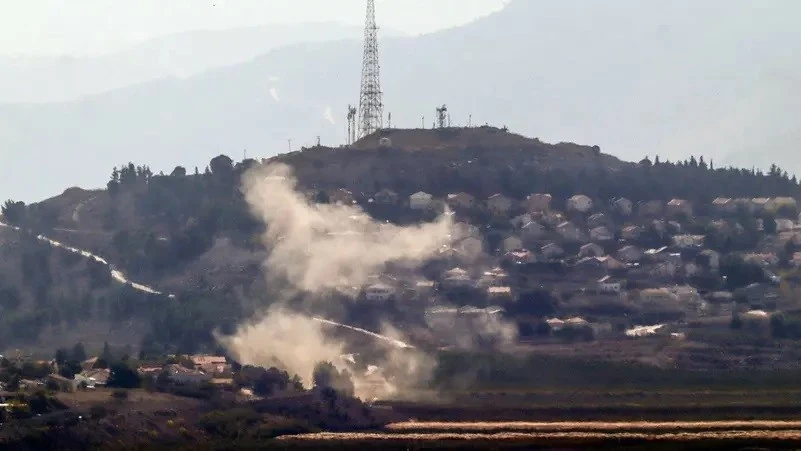 |
| Smoke rises from the site of a Hezbollah rocket attack on the Israeli town of Metula on October 31. (AFP) |
According to Fox News, before the attack, Hezbollah attacked targets in Metula, a town along the Israel-Lebanon border, killing an Israeli farmer and four foreign agricultural workers.
The AP news agency reported that Hezbollah launched rockets at an area where Israeli forces were gathering in the Avivim settlement and intercepted an Israeli Hermes 450 unmanned aerial vehicle (UAV), forcing the aircraft to retreat.
According to information from Israel, Hezbollah attacks killed 7 civilians of this country, marking the bloodiest day for Israeli people in the northern region.
Israeli statistics show that Hezbollah attacks over the past year have killed 39 civilians in this Middle Eastern country.
In a separate statement, Hezbollah said it targeted a Merkava tank and an Israeli military vehicle in Wata Khiam in southern Lebanon with guided missiles, setting both vehicles on fire.
On the Israeli side, the IDF announced on October 31 that they had destroyed about 70% of Hezbollah's UAVs through the operations of Unit 127. This result was achieved mainly after Israel stepped up its military campaign in September.
The IDF said it killed 10 percent of the UAV operators and all of the commanders of Hezbollah's UAV unit, and destroyed 54 UAV sites and 24 facilities that detected or had activities related to Hezbollah's UAV units.
In addition, the IDF eliminated eight UAV assembly centers, six underground bases associated with UAVs, and seven UAV storage centers. However, the IDF's UAV interception rate was lower than that of rocket interceptions. Approximately 231 out of 1,300 UAVs were not intercepted, causing many casualties among Israeli soldiers and civilians.
The move comes as US Special Envoy Amos Hochstein and Middle East Adviser Brett McGurk are visiting Israel in an effort to broker a ceasefire between the Middle Eastern country and Hezbollah.
During a meeting with two US representatives, Israeli Prime Minister Benjamin Netanyahu made it clear: "The main issue is not the paperwork for this or that agreement, but our determination and capacity to ensure the application of the agreement and prevent any threat to our security from Lebanon."
On the same day, Israeli Defense Minister Yoav Gallant held a separate meeting with US representatives to discuss security arrangements regarding the northern front and the hostage exchange in the Gaza Strip.
Source: https://baoquocte.vn/xung-dot-israel-hezbollah-nguoi-dan-mien-bac-israel-trai-qua-ngay-dam-mau-nhat-dieu-kien-ngung-ban-la-gi-292150.html



![[Photo] Party and State leaders visit President Ho Chi Minh's Mausoleum](https://vphoto.vietnam.vn/thumb/1200x675/vietnam/resource/IMAGE/2025/5/19/d7e02f242af84752902b22a7208674ac)
![[Photo] Many young people patiently lined up under the hot sun to receive a special supplement from Nhan Dan Newspaper.](https://vphoto.vietnam.vn/thumb/1200x675/vietnam/resource/IMAGE/2025/5/18/6f19d322f9364f0ebb6fbfe9377842d3)
![[Photo] Ready for the top competitions of Vietnamese table tennis](https://vphoto.vietnam.vn/thumb/1200x675/vietnam/resource/IMAGE/2025/5/18/9c547c497c5a4ade8f98c8e7d44f5a41)
![[Photo] Party and State leaders attend the special art program "You are Ho Chi Minh"](https://vphoto.vietnam.vn/thumb/1200x675/vietnam/resource/IMAGE/2025/5/18/6895913f94fd4c51aa4564ab14c3f250)

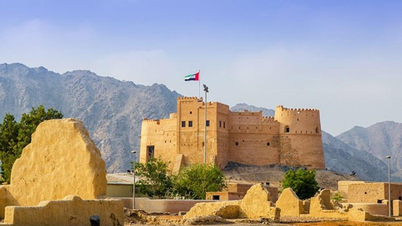





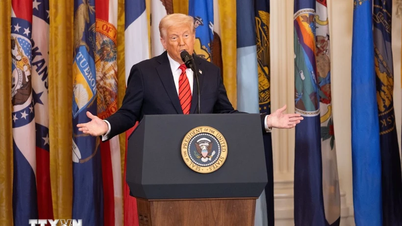



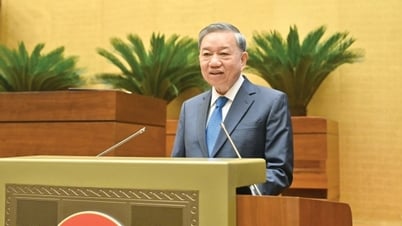
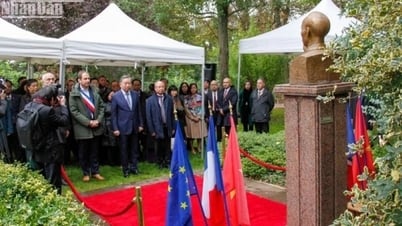
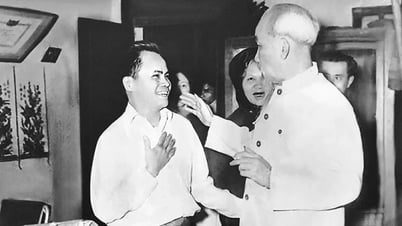






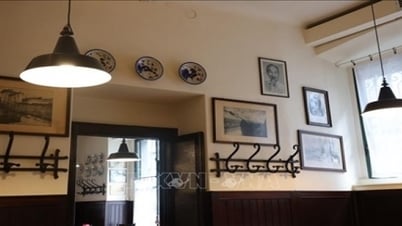



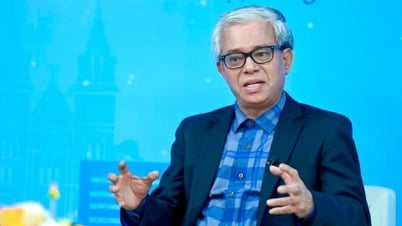















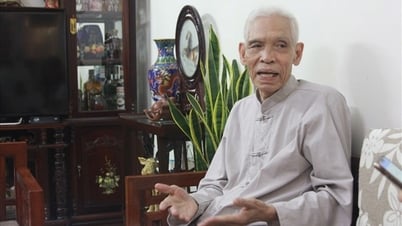







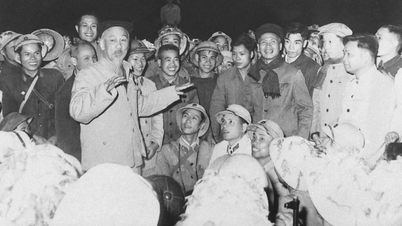












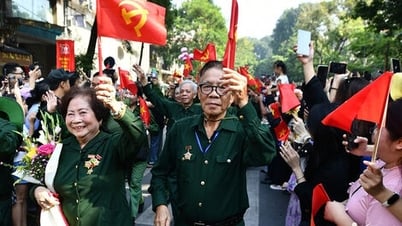

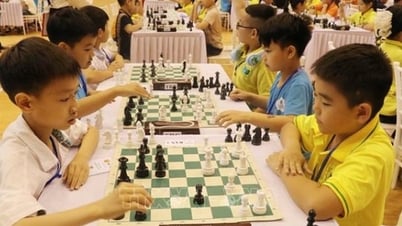









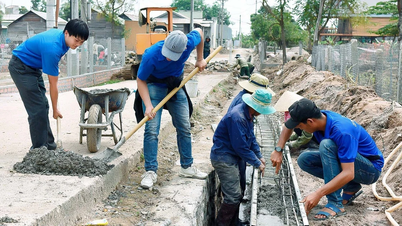



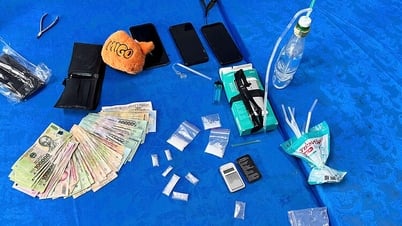












Comment (0)